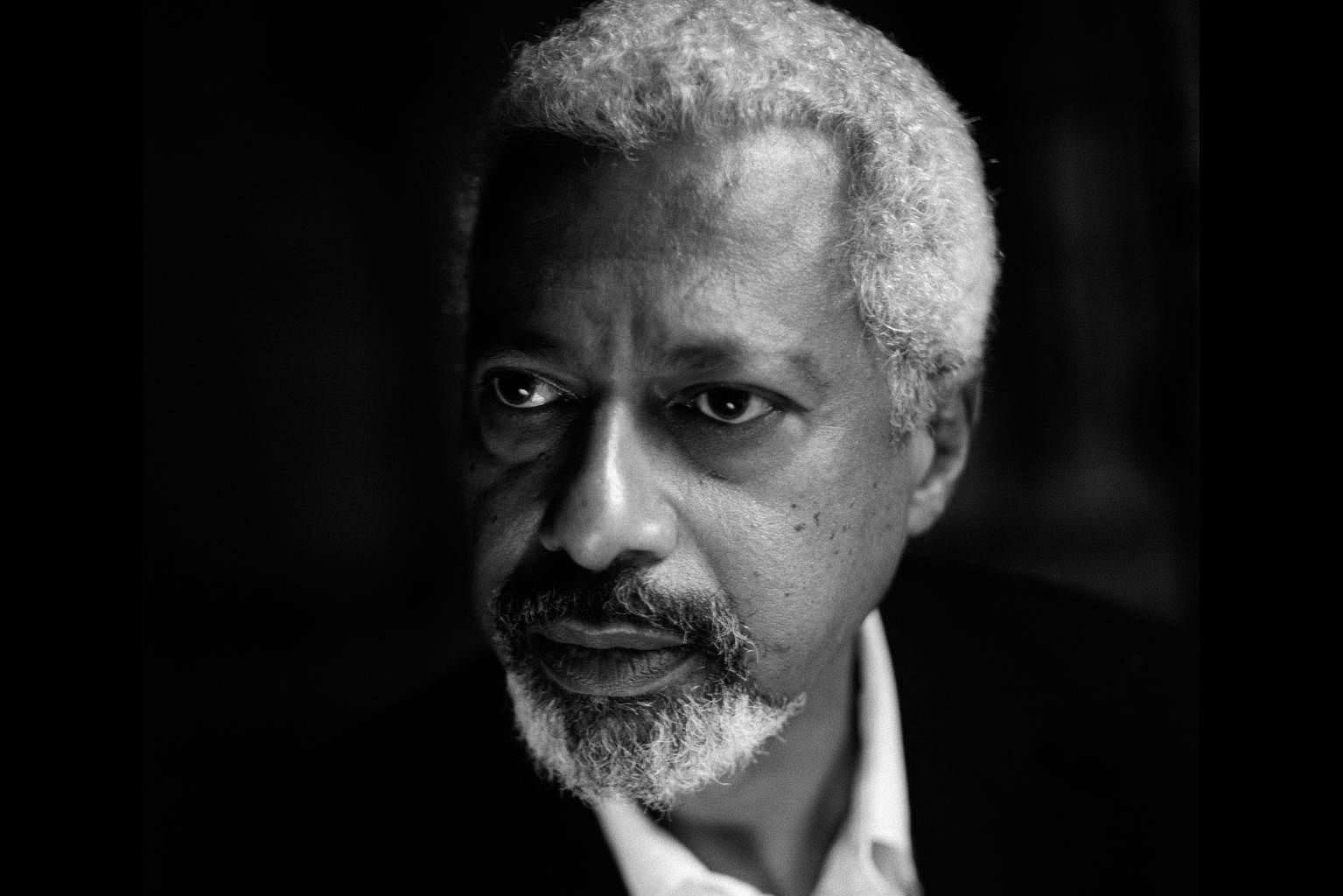Tanzanian writer Abdulrazak Gurnah wins 2021 Nobel Prize in Literature
Sign up now: Get ST's newsletters delivered to your inbox

Tanzanian writer Abdulrazak Gurnah.
PHOTO: MARK PRINGLE
Follow topic:
STOCKHOLM (REUTERS, AFP, NYTIMES) - Tanzanian writer Abdulrazak Gurnah has won the 2021 Nobel Prize in Literature, the award-giving body said on Thursday (Oct 7).
Gurnah, whose novels include Paradise and Desertion, writes in English and lives in Britain. He grew up on the island of Zanzibar, and arrived in England as a refugee at the end of the 1960s.
Gurnah was honoured "for his uncompromising and compassionate penetration of the effects of colonialism and the fate of the refugee in the gulf between cultures and continents".
The prize is awarded by the Swedish Academy and is worth 10 million Swedish crowns (S$1.55 million).
The prizes, for achievements in science, literature and peace, were created through a bequest in the will of Swedish dynamite inventor and wealthy businessman Alfred Nobel.
The prizes, for achievements in science, literature and peace, were created through a bequest in the will of Swedish dynamite inventor and wealthy businessman Alfred Nobel.
They have been awarded since 1901, with the final prize in the line-up - economics - a later addition.
Past winners have primarily been novelists such as Ernest Hemingway, Gabriel Garcia Marquez and Toni Morrison, poets such as Pablo Neruda, Joseph Brodsky and Rabindranath Tagore, or playwrights such as Harold Pinter and Eugene O'Neill.
But writers have also won for bodies of work that include short fiction, history, essays, biography or journalism. Winston Churchill won for his memoirs, Bertrand Russell for his philosophy and Bob Dylan for his lyrics.
Last year's award was won by American poet Louise Gluck.
Beyond the prize money and prestige, the Nobel literature award generates a vast amount of attention for the winning author, often spurring book sales and introducing less well-known winners to a broader international public.
Gurnah is the first African to win the award - considered the most prestigious in world literature - in almost two decades.
He is the fifth overall, after Wole Soyinka of Nigeria in 1986, Naguib Mahfouz of Egypt, who won in 1988, and South African winners Nadine Gordimer in 1991 and John Maxwell Coetzee in 2003.
He is the fifth overall, after Wole Soyinka of Nigeria in 1986, Naguib Mahfouz of Egypt, who won in 1988, and South African winners Nadine Gordimer in 1991 and John Maxwell Coetzee in 2003.
In an interview with the website Africainwords earlier this year, Gurnah spoke about how, in his recent book, Afterlives, he was seeking to illuminate how people affected by war and colonialism are shaped but not defined by those experiences, and how it grew out of stories he heard growing up in Zanzibar.
"I was surrounded by people who experienced these things firsthand and would talk about them," he said.
"I was surrounded by people who experienced these things firsthand and would talk about them," he said.
"These stories have been with me all along, and what I needed was time to organise them into this story. My scholarly work has also shaped these stories."
Gurnah noted that throughout his career, he has been engaged with the questions of displacement, exile, identity and belonging.

